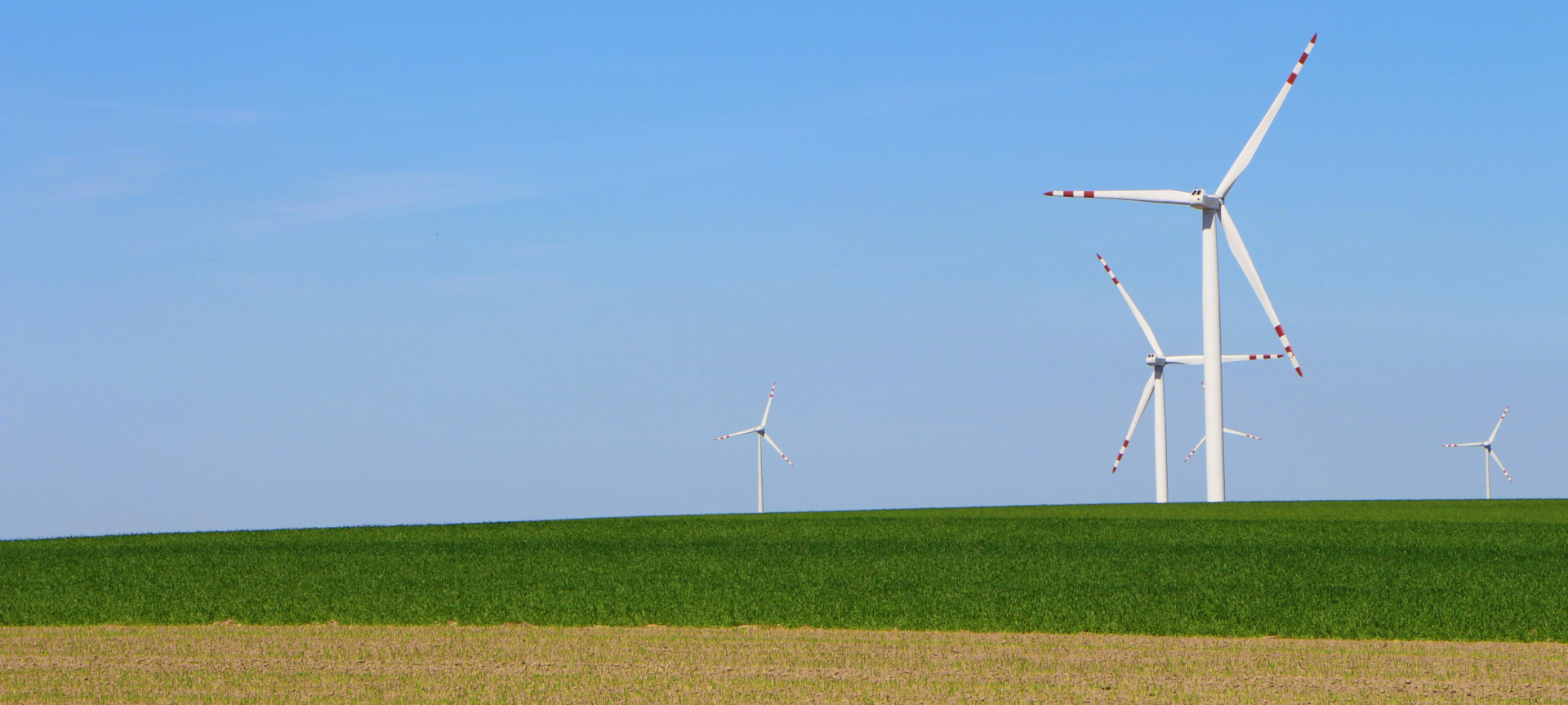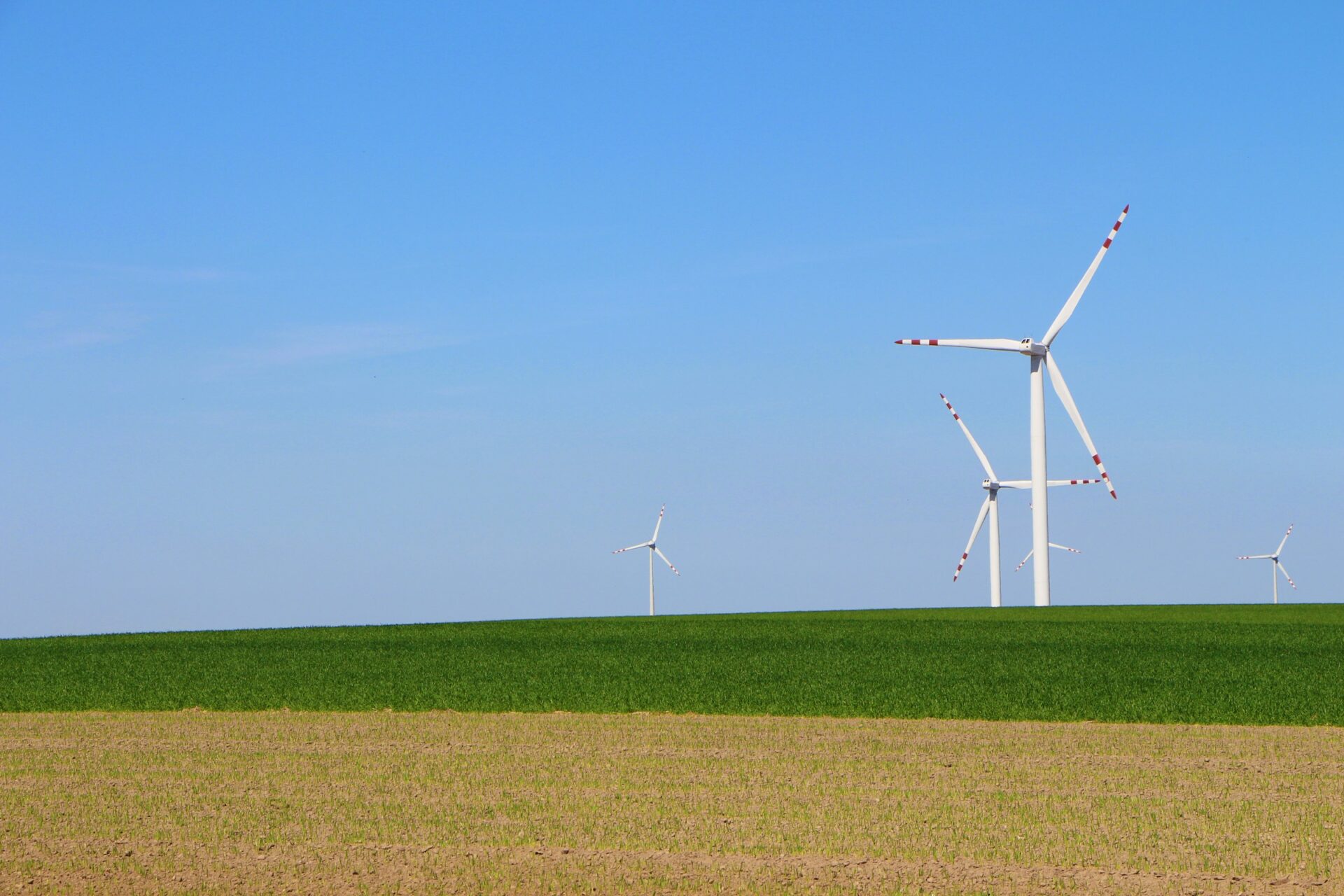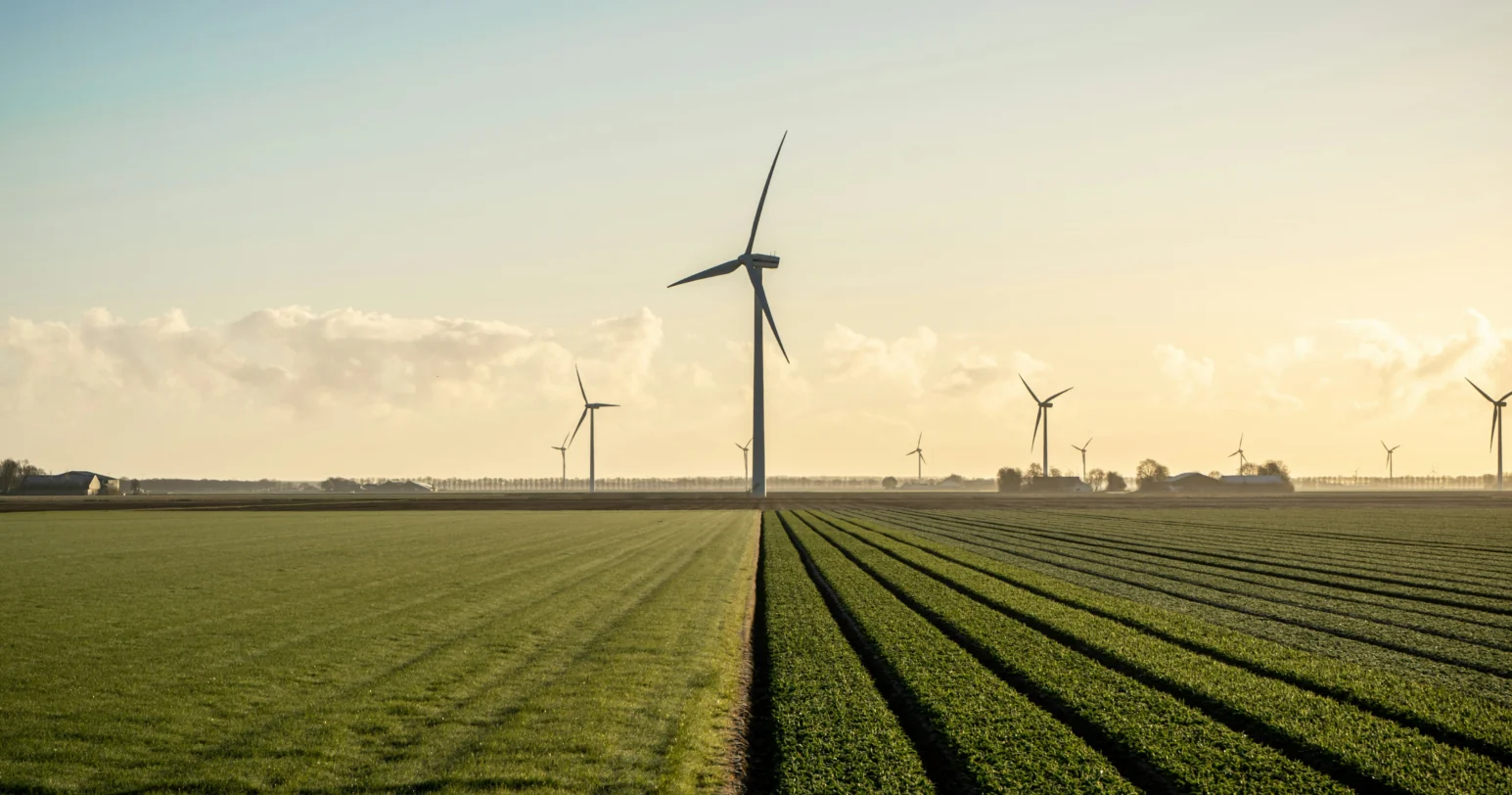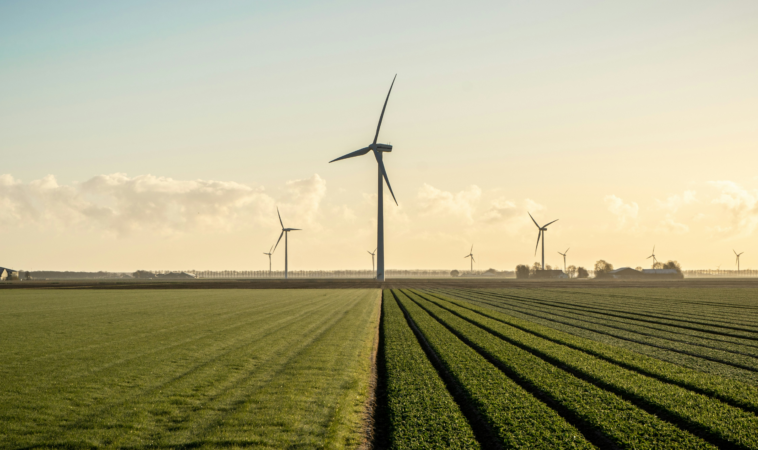

On February 23rd, at a signing ceremony in Poznan, the Polish province of Wielkopolska will officially join the PPCA. With Wielkopolska being one of the most coal dependent Polish provinces, this marks a key milestone not just in the energy transition of Poland, but all of Europe. As a region actively transitioning away from significant economic dependence on coal mining and coal power generation, Wielkopolska is proving that a just transition is not only possible, but beneficial.
To learn more about Wielkopolska’s efforts to transition away from coal, watch the “Life After Coal” conference on 23rd February. The event will be livestreamed and translated into English. Find the agenda here (in Polish) and watch the livestream below. Polish Minister of Climate and Environment of Poland, Paulina Hennig-Kloska will deliver opening remarks.
Wielkopolska Leading the Way
Wielkopolska’s membership of the alliance was first announced at COP28 in December 2023. This week’s event will involve an official signing ceremony marking Wielkopolska’s official entrance to the PPCA. As a member, the region will share its experience of implementing an ambitious energy transition plan with others across the world.
Eastern Wielkopolska, a subset of wider Wielkopolska, has been a PPCA member for two years and it is very encouraging that the whole region has now decided to lend its political and economic weight to the alliance. Eastern Wielkopolska is the region’s major lignite mining centre, where the private utility ZE PAK currently operates a complex of mines and power plants. Transitioning away from such a dominant industry is no easy task. However, Wielkopolska is leading the way in showing how a just transition can successfully rejuvenate the economy of a region. As our case study of Eastern Wielkopolska argues ‘every problem is an opportunity in disguise’.
Facing the inevitable exit from coal and the associated loss of jobs, the Wielkopolska government chose to embrace change, and develop a new vision for the region’s economy underpinned by the principles of a just transition. Setting a phase-out date for coal power helped ease uncertainty and begin the collaborative process of transitioning away from coal. This proactive approach has afforded all of Wielkopolska’s stakeholders a say, given industry time to adapt, and produced new industries at the same time.
“Being part of an alliance with so many regions with experience in the field of energy transition is an honour and a big commitment to intensive work. We need to join forces in tackling the challenges of the energy transformation, especially by keeping in mind the affected workers and communities. We need to lead the way for others, who have not yet embarked on the transition, to support the planet facing multiple crises. Our joint actions are important not only for ourselves, today, but most of all, for future generations, so that they can live in a liveable world.”
Marek Woźniak, Marshal of the Wielkopolska Region
What this means for Poland and other coal dependent countries
Wielkopolska’s case shows that proactive planning, consultation and cooperation are essential for ensuring a swift and orderly phase-out of coal power. Countries and regions looking for pathways for how to successfully transition away from coal should follow Wielkopolska’s example.
With the PPCA now having five Polish members (Wielkopolska, Eastern Wielkopolska, Koszalin, Wałbrzych and the utility company ZE PAK), momentum is growing for updated policies on coal phase-out in Poland and beyond.
In 2023, a huge drop in coal power generation and a dramatic rise in the deployment of renewables led to a record 19% reduction in EU emissions. In Poland, one of the most coal-dependent countries in the world, renewables produced 27% of the nation’s electricity, pushing coal down to a record low of 61% from 2020’s previous low of 70%. These are clear indicators that coal power’s days are numbered in Europe.
In light of this context, the Polish national government has promised to accelerate the clean energy transition. Despite still having a power sector dominated by coal, worsening market signals on coal have afforded Poland the opportunity to be proactive in transitioning its energy sector.
With 33 of 38 OECD countries now signed up to the PPCA, Wielkopolska’s addition is yet another mark of the progress towards coal phase-out. The PPCA now looks forward to drawing on the experience and expertise of its members and partners to support the national government of Poland in its transition away from coal power.




